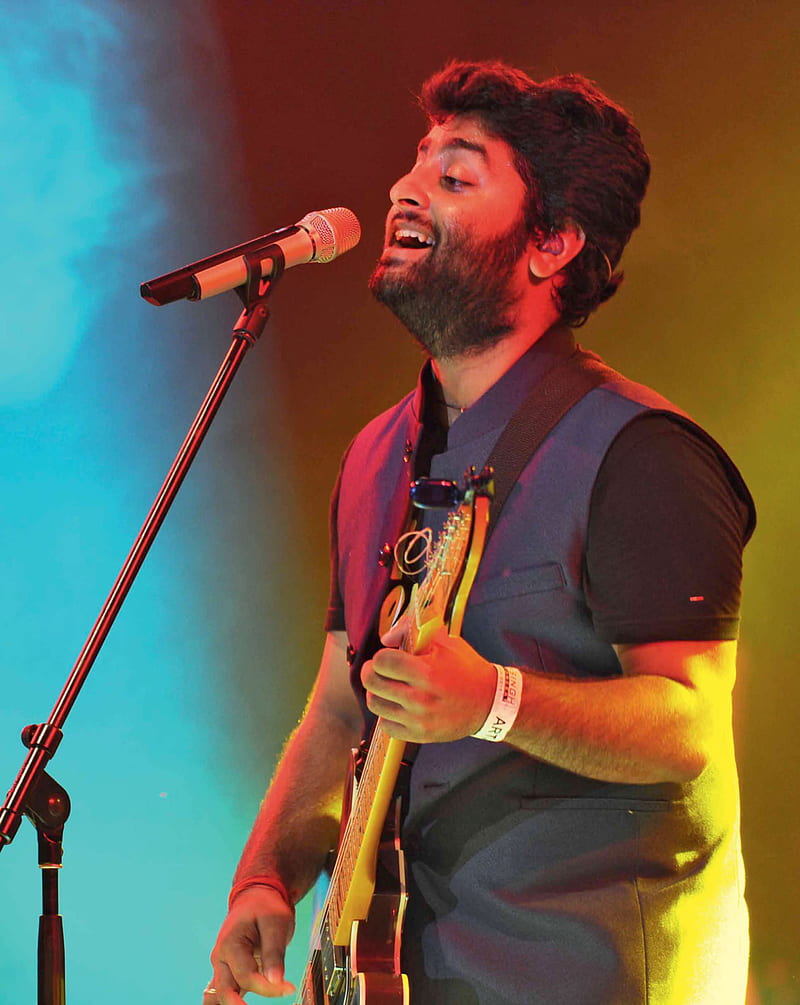Want to become a writer at Eat My News? Here is an opportunity to join the Board of Young Leaders Program by Eat My News. Click here to know more: bit.ly/boardofyoungleaders
1. Tell us more about your experience as an educator?
It has been a very beautiful journey of teaching Sociology in the college since 2010. It still feels like yesterday. The fifty-minute classroom experience is very fulfilling. I equate it with meditation as in the classroom, I am so deeply engrossed in the discourse, switching off all other thoughts and tensions.
I used to admire my professors at the university and wanted to be like them. Though, it is impossible to imitate your teachers because they are the perfect Gurus!! aur Guru ka sthaan bahut upar hota hai!
But I am trying my best to carry forward their legacy and do justice to my subject and students. My interaction in the class is not confined to a fixed pedagogy of dictating the student's anything from notes to assignments and tests. I initiate discourse and the teaching, learning process evolves. Though the syllabus and timetables largely remain the same but classroom experience is never monotonous.
2. What is your opinion of the Indian education system and how would you like to change that?
Indian education system certainly needs an overhauling. We need to restructure the school education first and the higher and advanced studies will eventually improve. The whole system of confining and training according to the structured syllabi and passing exams suppresses the creative and original thinking.
After so many years of schooling, when students enter the university systems, they are largely oriented about thoroughly cramming the curriculum and taking exams. The whole objective of teaching and learning revolves around scoring good marks.
This creates so much stress and it is really unfortunate that many students develop psychological disorders and suicidal tendencies in a very tender age of adolescence. Education is the process of learning, gaining and creating new knowledge; it has to be a joyful process. How can one learn and be creative under extreme stress!
Schooling should focus on imparting life skills and practical training. At various levels of school education, it is very important to incorporate courses on agriculture, cooking, cleaning, personal hygiene, finance, savings and investments etc.
There is a dire need for governments to increase their education budget and put a ceiling on schools/colleges and universities so that equality prevails in society. For instance, in the same locality, we find schools which are poles apart. One school lacks in providing even the basic infrastructure like rooms, benches, boards, and teachers and another school in the same locale offers lavish rooms with air conditions, labs, sports facilities and whatnot.
This is the beginning of creating an unequal society. Everyone has the right to education but because of this type of polarisation, we deprive so many of children the access to equal avenues. Unfortunately, then society expects these children to compete and sustain on the parameters of fairness in life when they grow up.
Imparting equal primary education to all will create a stronger foundation and perhaps would be a first step towards building an egalitarian society.
3. What changes in the teaching methodologies have you seen in recent times?
When I was studying and in the beginning years of my teaching career, the standard pedagogy was chalk and duster method! Over the years, there has been an intensive intervention of technology. Now we develop e-content, use projectors, and record audio/video lectures etc. Students also intensively use their gadgets. Instead of taking classroom notes, they record the lectures.
They are often found clicking pictures from the books instead of actually reading and jotting down. In their opinion, this kind of digital medium saves paper and time. Conventional book reading and spending hours in libraries are not much popular with students these days.
Recently, due to the pandemic crisis, there has been an outburst of applications like zoom and Google classroom that has replaced the conventional teaching model. Facilitating students on the portals like swayam prabha, MOOC, and e-pathshala etc. is the integral part of the teaching methodology these days.
Apps like Byju’s and unacademy.com have made their way in the coaching industry as well. In addition, free access to online libraries, e-books and research journals has facilitated students to sit at home and study without shelling out any extra money.
4. How does education help one do well in their career?
A good education helps us in sharpening our thinking and reasoning capabilities. If I am well educated, my capacity to reason and think critically about any phenomenon increases. That is perhaps, the beginning of empowerment. And, an empowered person has the confidence to take decisions in life and stand by those.
For a successful and sustaining career, being confident is the key. On the other hand, the degrees that we earn during the course of educating ourselves definitely help us in securing jobs and earn a decent livelihood.
5. Do you think teaching as a profession is viewed at par with corporate jobs?
There are different aspects to it. In Sociology, we explain this in the frame of status inconsistency theory. It means that there are certain professions in society that have both, positive and negative implications on us. The teaching profession is one of those.
In terms of earning respect from society, educators are very privileged. Since ages, Gurus are revered in our society. However, on the income and power aspect, we stand far behind our corporate friends. Remember Rishi Kapoor’s starrer movie, ‘Do dooni Chaar’. The plot explains this situation very well.
6. How can we adopt technology to make teaching more effective?
Being tech-savvy is of utmost importance these days. It helps in reaching out to students in a wider context. WhatsApp, email, and social media platforms etc. facilitate the teacher/student connectivity. Now, we are always available and students can reach out to their teachers as and when they want.
It was best realised during the recent lock-down in the mid of the academic session. Also, e-content like swayam, MOOC and e-pathshala courses could be developed in a very less span of time because educators got themselves attuned to the digital technology.
However, these mediums are good to expand the reach but no technology can replace the charm and humane element that develops in the conventional classroom method. These platforms are for additional help and maybe for grown-up children. Primary education by the means of technology without close interaction is very parched and incomplete.
7. Why does India need more educators like you?
Like me!!! Well that sounds good. I don’t know whether or not we need more teachers like me but definitely, India needs educators who are passionate about teaching. Remember that famous dialogue from Do dooni Chaar: “teachers insan banate hain!”.
We desperately want educators who believe in this core value and “dil insan banayen, sirf paise na banaye”! Beyond that, we need a system and government who works to reinforce these values diligently and refrain from the commodification of education. The golden words by Robert Heinlein: “When one teaches, two learn”.









Social